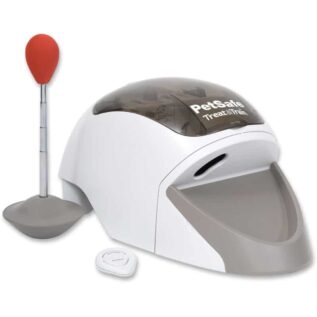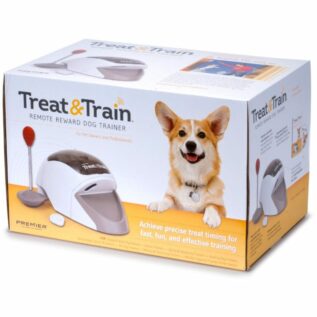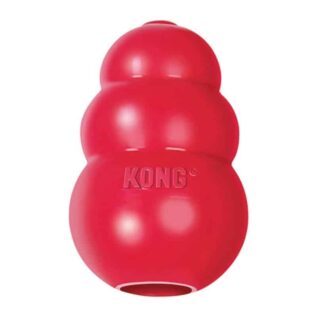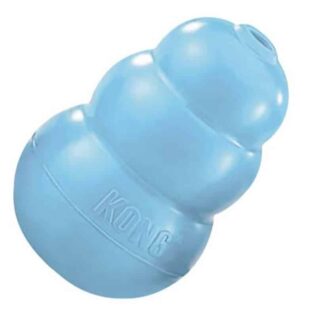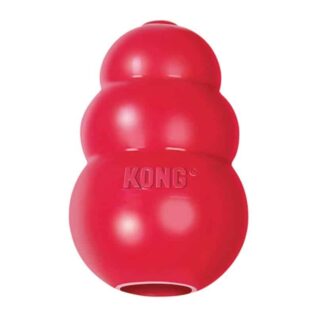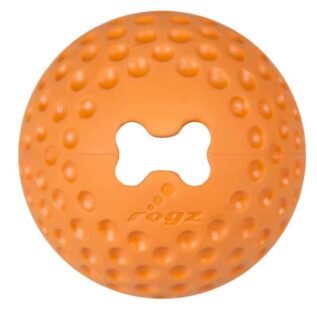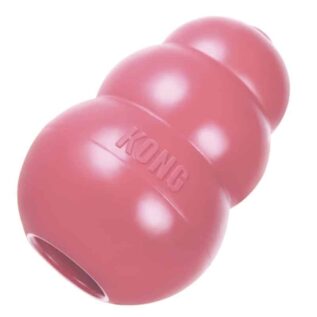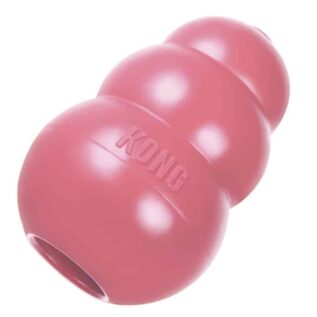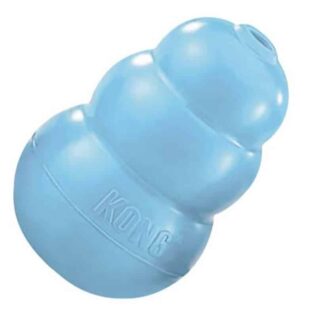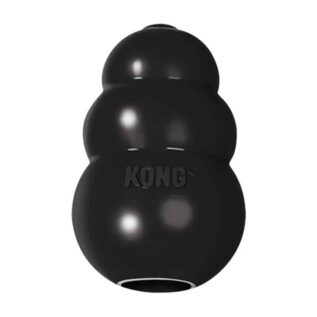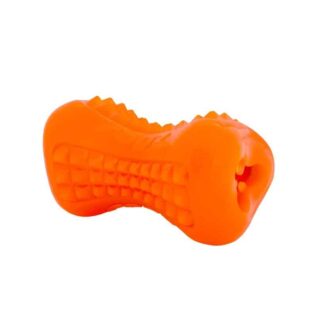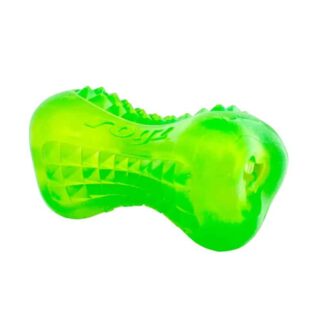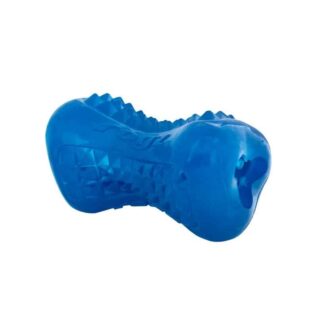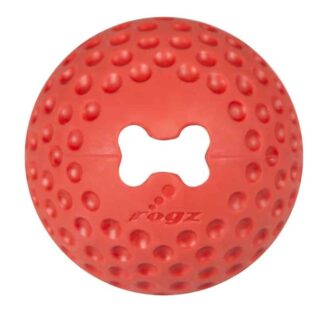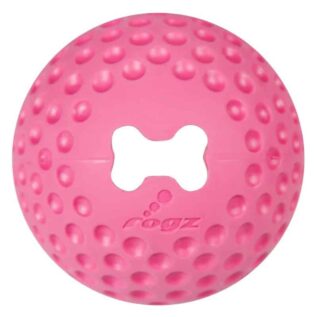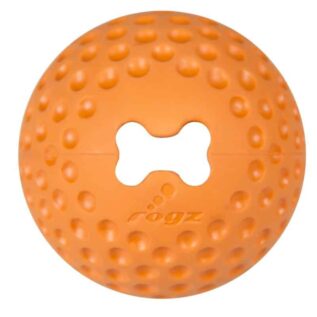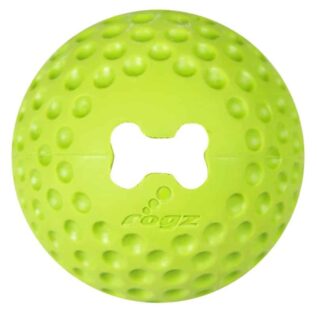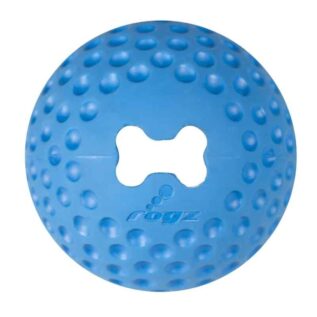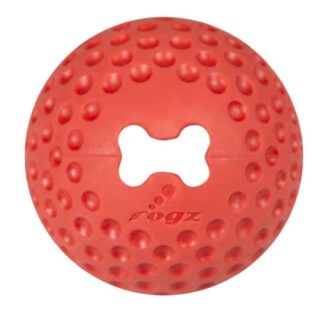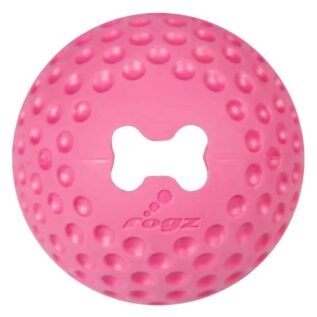A Comprehensive Guide to Choosing the Ideal Dog Treats for Your Furry Friend
Introduction to Dog Treats
As a dog parent, we know you love rewarding your canine companion with treats. But, did you ever think about what's in those little morsels of happiness? How do you choose the ideal treat that both pleases your dog and contributes to their overall health and wellbeing? Let's delve into this topic, shall we?
The Importance of Dog Treats
Dog treats are more than just a tool for spoiling our pets or keeping them occupied. When used correctly, they can be a significant part of training, reinforcing positive behavior, and maintaining good dental health. Moreover, treats can serve as a supplementary source of nutrients to your dog's regular diet.
Choosing the Right Treats: Factors to Consider
Selecting the right treats for your dog isn't as simple as grabbing the first pack you see off the shelf. It requires thoughtful consideration of various factors that can influence your dog's health and enjoyment. Let's explore these factors more deeply:
Dog's Age and Size
Just as a small child wouldn't be able to handle a large apple, puppies and small dogs cannot manage large or hard treats. They need smaller, softer ones that are easier to chew and digest. On the other hand, large dogs not only can handle bigger, harder treats, but they might also need them to satisfy their chewing instincts and keep their jaws strong. Remember, a treat that's too small could be a choking hazard for a big dog!
Dietary Restrictions
Some dogs have specific dietary restrictions due to allergies, intolerances, or health conditions. For instance, a dog with a sensitive stomach might need hypoallergenic treats, while a dog with diabetes would require treats with low sugar content. If your dog has any dietary restrictions, it's crucial to read the treat labels carefully and choose a product that won't upset their system or worsen their condition.
Nutritional Content
Treats are not meant to replace meals - they are a supplement. Thus, the nutritional content matters. Look for treats made with wholesome ingredients that contribute to your dog's health. Avoid treats high in fat and sugar, as these can lead to weight gain and other health problems over time. Instead, opt for treats high in protein and other beneficial nutrients. Remember, the healthiest treats are those that add nutritional value without packing in unnecessary calories.
Texture and Hardness
The texture and hardness of a treat can affect not only your dog's enjoyment but also their dental health. Chewy treats, for example, can help clean teeth and exercise the jaw muscles. However, treats that are too hard could be a risk for dogs with dental issues, potentially causing tooth fractures. If your dog has any dental problems, it's best to consult with your vet about the most appropriate types of treats.
Flavor Preferences
Last but not least, consider your dog's flavor preferences. Just like humans, dogs have their own taste preferences. Some dogs might drool over meat-flavored treats, while others might prefer the sweet tanginess of fruit-flavored ones. Then there are dogs who might surprise you with a preference for vegetable flavors! It might take some trial and error to find out what your dog likes best, but discovering their favorite flavors will help ensure that treat time is always a joyous event.
Remember, the goal of giving treats is not only to reward your dog but also to enhance their health and wellbeing. So, it's worth taking the time to choose the best treats that your furry friend will love and benefit from.
Popular Types of Dog Treats
Just as there is a multitude of dog breeds, there's also a wide variety of dog treats available in the market. Each type serves a unique purpose and brings different benefits to the table. Let's dive deeper into these categories:
Biscuits and Cookies
Biscuits and cookies are the traditional go-to options when it comes to dog treats. They come in an array of flavors, shapes, and sizes to cater to different canine preferences and sizes. Some popular flavors include peanut butter, chicken, beef, and even pumpkin. Besides being a tasty snack, biscuits and cookies can also help keep your dog's teeth clean by reducing plaque buildup.
Dental Treats
Dental treats are a specific type of dog treat designed to support your pet's oral health. These treats are typically textured or shaped in a way that they can scrub away at plaque and tartar as your dog chews on them, helping to keep their teeth clean and their gums healthy. Some dental treats are also fortified with enzymes that further aid in reducing oral bacteria. But remember, while dental treats are a helpful tool, they should never replace regular dental care practices such as tooth brushing or professional cleanings.
Training Treats
Training treats are small, bite-sized, and low in calories, making them ideal for use during training sessions. Their size allows for repeated rewarding without the risk of overfeeding. Furthermore, they are typically made to be extra tasty, ensuring your dog is motivated to learn new commands or behaviors. Training treats can be a valuable tool in positive reinforcement training methods.
Natural Treats
Natural treats are a category of treats made from dehydrated or freeze-dried fruits, vegetables, or meats. As their name suggests, these treats are a healthier alternative to heavily processed treats as they contain no artificial preservatives, colors, or flavors. They provide an excellent source of concentrated nutrients and natural flavors, making them both nutritious and delicious. However, it's still important to check the product label, as not all "natural" treats are created equal.
Choosing the type of treat for your dog will depend on your specific goals (like training, dental health, or just plain spoiling!), your dog's dietary needs, and their personal preferences. It's always a good idea to try out a variety of treat types to keep things interesting for your furry friend and find out what they love best.
How to Use Treats Responsibly
While dog treats are a fantastic way to reward your furry friend and reinforce positive behavior, it's crucial to use them judiciously. Treats should only constitute about 10% of your dog's daily caloric intake. This balance ensures that the majority of your pet's diet is nutritionally complete, with treats adding a dash of variety and enjoyment. Overindulgence in treats can lead to obesity and associated health issues, such as diabetes, heart disease, and joint problems.
Being mindful of the timing and strategic use of treats can also contribute to responsible usage. Using treats primarily for training purposes, for instance, can make them more effective as a positive reinforcement tool. It also helps in regulating their quantity, as you'd typically use them during specific training sessions. Giving treats in between meals may require you to adjust the size of their main meals to prevent overfeeding.
Ultimately, the key is to remember that treats are special, not an everyday expectation. Always ensure you're giving dog-appropriate treats, as certain human foods can be harmful to dogs. By treating responsibly, you can ensure these tasty extras contribute positively to your dog's overall health and wellbeing, without leading to weight gain or dietary imbalances.
Conclusion
Choosing the right treat for your furry friend can be challenging, but keeping their age, dietary needs, and preferences in mind can make the process easier. Remember, treats should be a complement to a balanced diet, not a replacement.
Frequently Asked Questions
Can I give my dog human food as treats?
While some human foods are safe for dogs in moderation, many are not. Foods like chocolate, onions, and certain fruits can be harmful to dogs. Even foods that are safe can upset your dog's nutritional balance if given too often. It's always best to stick to treats specifically designed for dogs to ensure they receive the right nutrients in the correct proportions.
Are all-natural treats better for my dog?
Natural treats can be a healthier option as they generally contain fewer artificial additives and a higher content of quality ingredients. However, the term "natural" isn't regulated, so it's important to read the label. Check for whole food ingredients and avoid treats with a long list of unrecognizable ingredients. Even natural treats should be given in moderation alongside a balanced diet.
How often should I give my dog treats?
The frequency of treat-giving depends on factors like your dog's size, age, and activity level. However, a general rule of thumb is that treats should make up no more than 10% of your dog's daily caloric intake. If you're using treats for training, choose small, low-calorie options to avoid overfeeding.
Can treats replace meals in my dog's diet?
No, treats are intended to be used as a supplement to a balanced diet, not as a replacement for meals. Regular dog food is carefully formulated to provide all the nutrients your dog needs in the correct proportions, something treats are not designed to do.
Are dental treats enough to maintain my dog's oral health?
While dental treats can help reduce plaque and tartar buildup, they are not a substitute for regular dental care. In addition to giving dental treats, you should also be regularly brushing your dog's teeth and scheduling professional dental cleanings as recommended by your vet.

